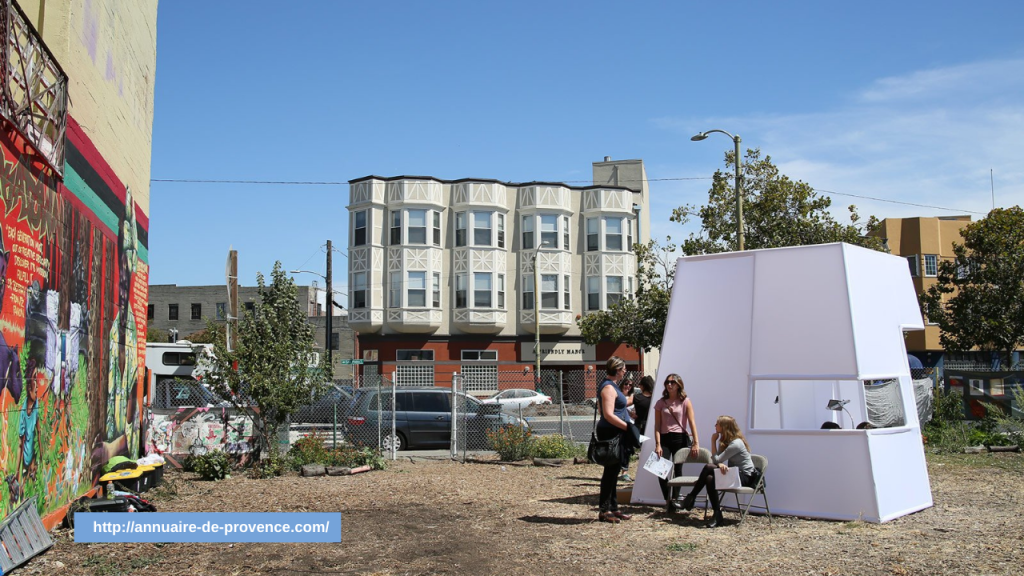
Architecture is a profession built on vision, precision, and creativity. Yet, behind the elegance of finished projects, many architects quietly wrestle with overwhelming stress, burnout, and in some cases, addiction. The demands of long hours, perfectionist expectations, and constant deadlines can create an unhealthy cycle where professionals turn to substances or unhealthy coping mechanisms. Breaking free from this cycle requires not only courage but also the right tools and support. At Annuaire de Provence, we believe recovery is possible when care is holistic, compassionate, and tailored to each individual.
Understanding the Cycle of Addiction in Architecture
Addiction often develops gradually. For many architects, the cycle begins with stress. The constant pressure to meet client demands, deliver flawless designs, and manage complex projects can push professionals to rely on stimulants to stay awake or alcohol to unwind after long hours. At first, these behaviors may feel manageable. Over time, however, reliance turns into dependency, and dependency can grow into addiction.
This cycle is compounded by architecture’s culture of overwork. Pulling all-nighters and sacrificing personal well-being often feels like part of the job. Unfortunately, this environment normalizes unhealthy habits while discouraging individuals from seeking help. Recognizing the pattern is the first step toward breaking it.
Strategies for Mental Wellness and Recovery
Prioritizing Self-Care and Boundaries
Recovery starts with setting healthier limits. Architects often put their work above everything else, but mental wellness requires balance. Establishing boundaries around work hours, taking time to rest, and engaging in hobbies outside of architecture are crucial steps. These practices help restore energy, reduce stress, and create space for healing.
Seeking Professional Support
Addiction is not something anyone has to face alone. At Annuaire de Provence, we provide comprehensive recovery services that address both addiction and underlying mental health concerns. For some, inpatient care offers the structure and intensive support needed to reset. For others, outpatient programs provide flexibility while still offering therapy, counseling, and accountability. Each treatment plan is personalized to reflect individual needs and circumstances.
Incorporating Holistic Healing
True recovery goes beyond addressing the physical aspects of addiction. Holistic approaches such as mindfulness, yoga, art therapy, and nutrition play an essential role in restoring balance. These practices reduce stress, improve focus, and help reconnect individuals with themselves in meaningful ways. For those seeking a spiritual dimension in their journey, our faith-based programs provide guidance and strength rooted in compassion and hope.
Building Resilience Through Community
Isolation often fuels addiction. By fostering community support, individuals can replace loneliness with connection and encouragement. Whether through group therapy, support networks, or faith-based communities, building a circle of accountability and empathy strengthens recovery and sustains long-term wellness.
Breaking Free and Reclaiming Life
Overcoming addiction in the world of architecture may feel daunting, but it is absolutely possible. Recovery is not about perfection. It is about progress, healing, and building a healthier foundation for the future. With the right strategies and support, architects and other professionals can learn to manage stress, prevent burnout, and create lives that are as meaningful as the structures they design.
At Annuaire de Provence, we are committed to guiding individuals through every stage of recovery. Our holistic, faith-based, and personalized programs are designed to treat the whole person—mind, body, and spirit. If you or someone you love is caught in the cycle of addiction, now is the time to reach out.
Healing begins with one step. Contact us today and let us help you build not just better designs, but a stronger, healthier life.